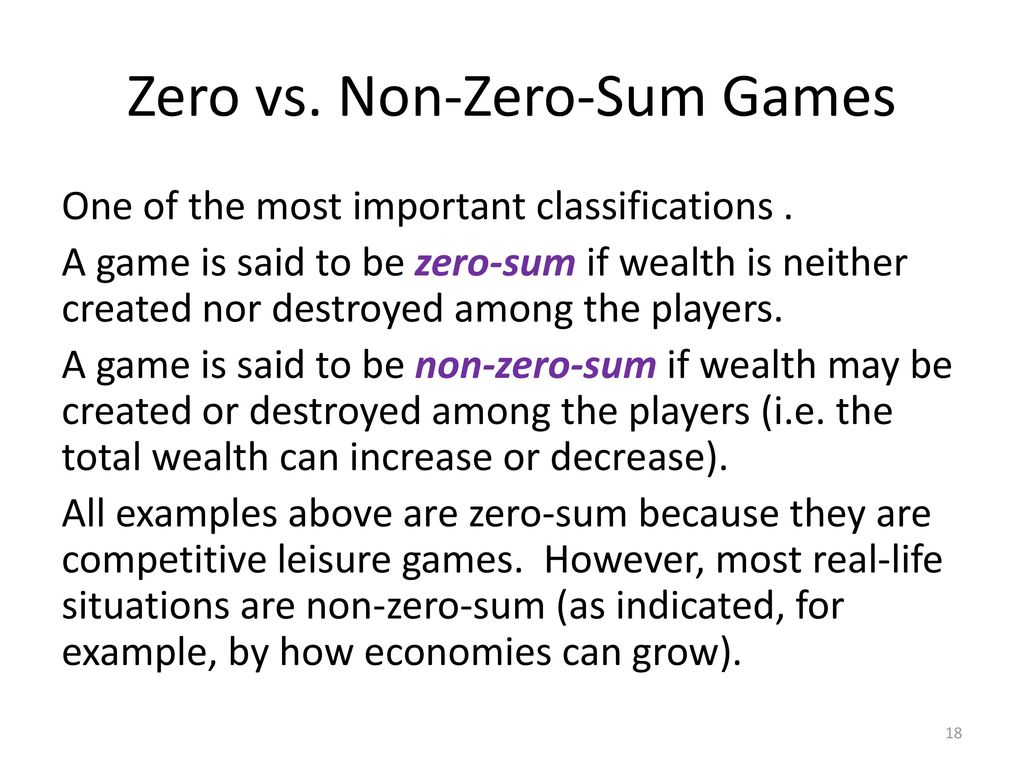
Or it might be done with integrative bargaining, where different interests are negotiated to meet every sides' needs. Extra funds might be obtained from an outside source allowing both departments to meet their budgets.

This becomes possible when the size of the pie is somehow enlarged so that there is more wealth to distribute between the parties than there was originally, or some other way is devised so everyone gets what they want or need. "Positive-sum" outcomes are those in which the sum of winnings and losses is greater than zero. Peter Woodrow discusses his work designing a dispute resolution system for East Timor land tenure conflicts. (One job won and one job lost equals zero.) Or, if there is only one job, one person will get it and the other person will not. For example, if two departments are splitting up a fixed amount of money, the more one gets, the less available to the other. These situations typically arise in distributive bargaining cases where a "fixed pie" must be divided between the parties. If one side gets $1,000 more, that means the other side gets $1,000 less. In a zero-sum situation, it is impossible for one party to advance its position without the other party suffering a corresponding loss. Though similar, these terms differ from the terms "win-win, win-lose, and lose-lose" which refer to wins or losses relative to expectations. They refer to the actual amount of wealth (money, land, vacation time) - measurable rewards - that each party receives.


Zero-sum, positive-sum, and negative-sum are all game theory terms that refer to the outcomes of a dispute or negotiation.


 0 kommentar(er)
0 kommentar(er)
